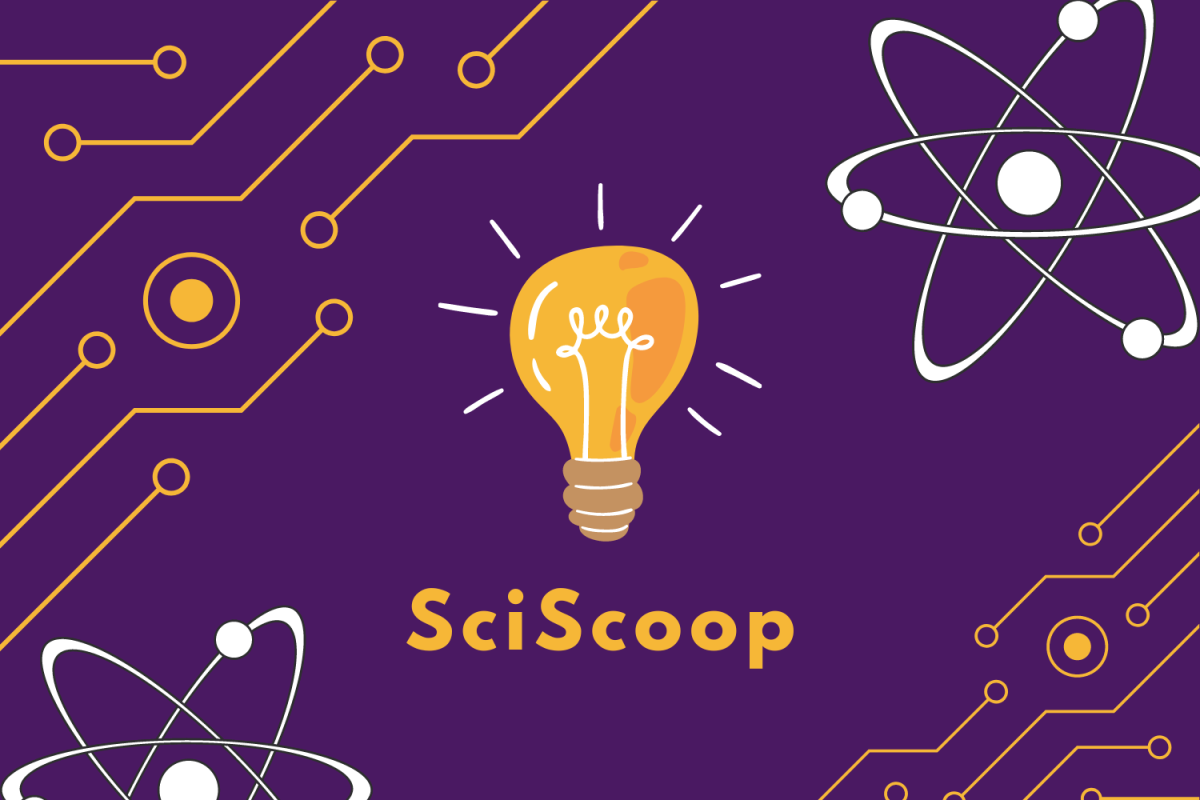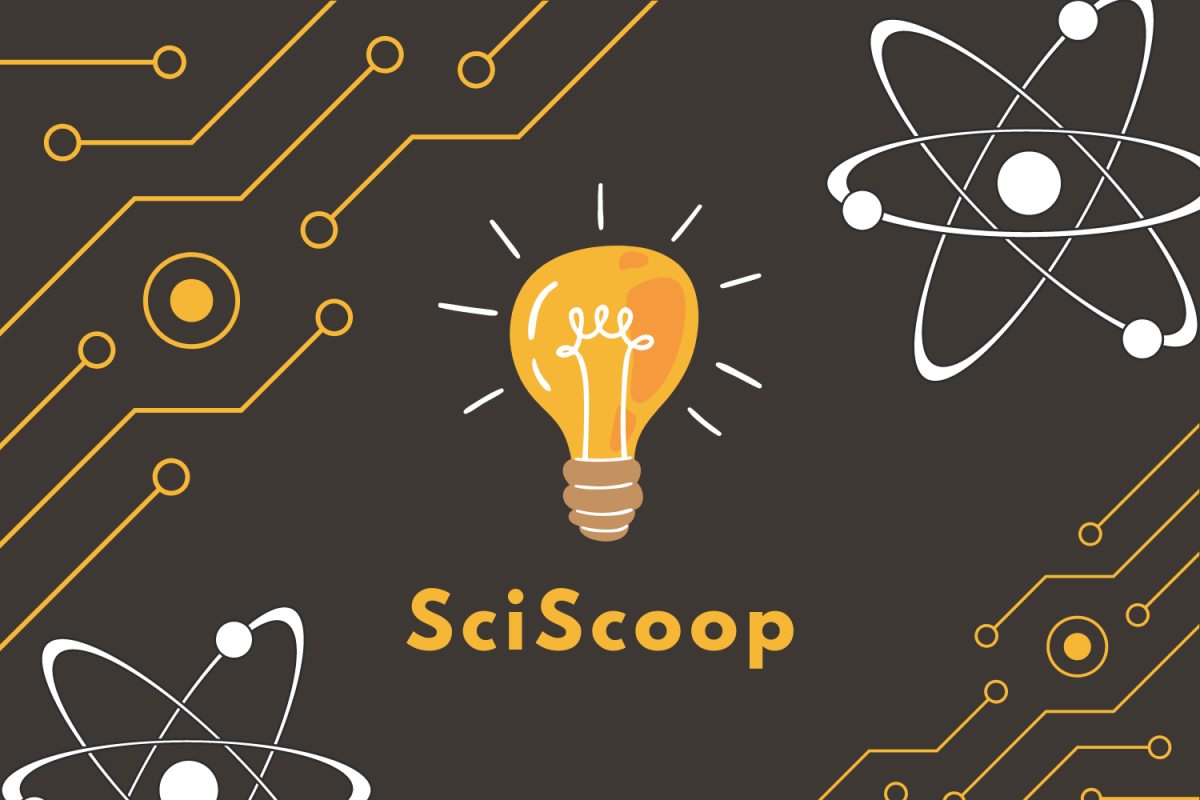With the advancement of research and technology such as AI and machine learning, the development and implementation of precision medicine is on the rise.
Also called personalized medicine, precision medicine involves tailoring medical treatments to the unique characteristics of each individual patient, considering factors like genetic makeup, lifestyle, and environmental factors.
Precision medicine relies heavily on technology to analyze extensive genetic and molecular data. Cutting-edge technologies like high-throughput sequencing and advanced analytics allow researchers and healthcare professionals to pinpoint particular genetic mutations or biomarkers linked to diseases. This personalized methodology offers the potential for more efficient treatments, minimized side effects, and enhanced health care outcomes.
In the first episode of “SciScoop,” Isabella Zarzar speaks with Benjamin Rubin, the associate director of precision medicine at the University of California San Francisco (UCSF) in the Office of Science Policy and Strategy. Zarzar and Rubin discuss the advancement of precision medicine in today’s health care system and its impact across a wide range of areas.


















